Lebanon to complain to UNSC about Israel border escalation
Lebanon says it will file a complaint with the United Nations Security Council about a recent Israeli attempt at escalation that saw the regime fire dozens of flares over the country’s border.
The country’s Supreme Defense Council announced the plan during a meeting chaired by Lebanese President Michel Aoun on Wednesday, Lebanon’s official National News Agency (NNA) reported.
Early in the day, Israel’s Channel 12 said the regime had fired more than 30 of the projectiles into Lebanon.
Lebanon’s al-Manar television network, however, described the projectiles as phosphorous shells and identified the targeted areas as the southern Lebanese towns of Houla and Mays al-Jabal.
The regime described the development as a “security-related incident.”
Israeli media initially said the firing came amid concerns over what they called a possible infiltration near Kibbutz Menara in the Upper Galilee area, located near the Lebanese border and the Israeli-occupied Syrian territory of the Golan Heights.
Neither the Lebanese army nor the country’s resistance movement of Hezbollah has, however, reported carrying out any such operation into the occupied territories.
Netanyahu’s threat
The escalation was followed by a vocal threat, with Israeli Prime Minister Benjamin Netanyahu saying in a statement, “We shall react forcefully to any attack against us.”
“I advise Hezbollah not to test Israel’s strength,” it added, alleging, “Hezbollah is once again endangering Lebanon due to its aggression.”
Hezbollah became an integral part of the Lebanese defensive structure after forcing the occupying regime into a retreat during two wars that Tel Aviv waged against Lebanon in the 2000s.
The Israeli military adventurism came as the occupied territories have been on alert over the possibility of a retaliatory attack by Hezbollah after one of its members was martyred in an Israeli act of aggression on the Syrian soil last month.
Ali Kamel Mohsen was killed during an Israeli attack near the Syrian capital of Damascus on July 20, according to a statement by Hezbollah.
Hezbollah said at the time that a response to the deadly aggression was “inevitable,” which led to the deployment of more troops by the Israeli regime to the north of the occupied territories.
Israel claimed a week later that the regime’s forces had thwarted an effort by Hezbollah resistance fighters to infiltrate into the occupied territories through Lebanon’s Tel Aviv-occupied Shebaa Farms.
The movement denied the claim. It said all Israeli reports about border clashes with the movement’s fighters were fake and served to boost the morale of Israeli forces by fabricating fictitious victories.
Normalization increases cost of defeating Israel, Yemeni leader warns
Activists announce 'Freedom and Sumud Flotilla' to challenge Gaza blockade
VIDEO | Rome residents demand end to ties with Israeli firms
VIDEO | Pakistan Senate condemns ‘hexagon of alliances’ as Indian PM visits Israel
VIDEO | Founder of French pro-Palestine NGO appears before court
VIDEO | Modi’s Israel visit sparks opposition, domestic backlash
VIDEO | Continuous war on media in occupied West Bank
Kabul rocked by explosions as Pakistan launches airstrikes


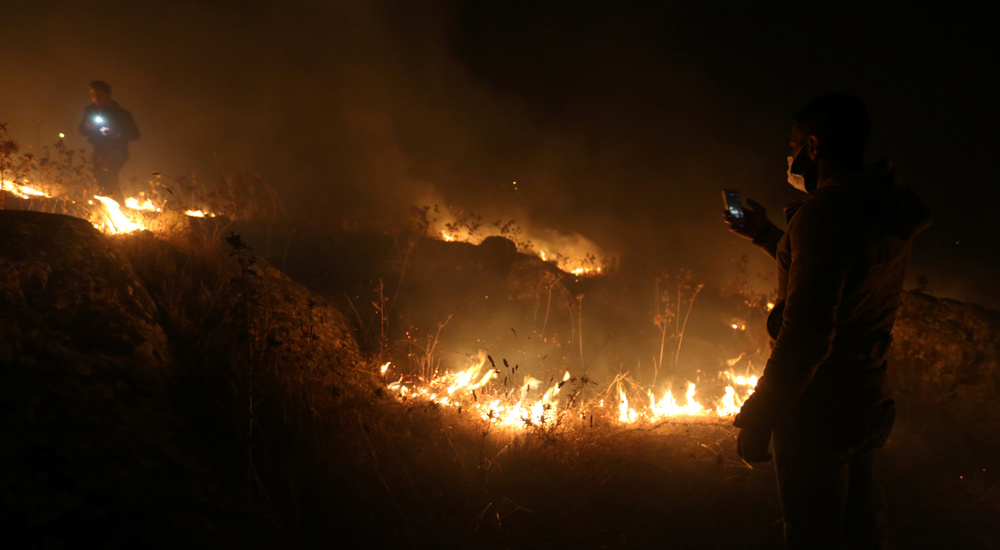

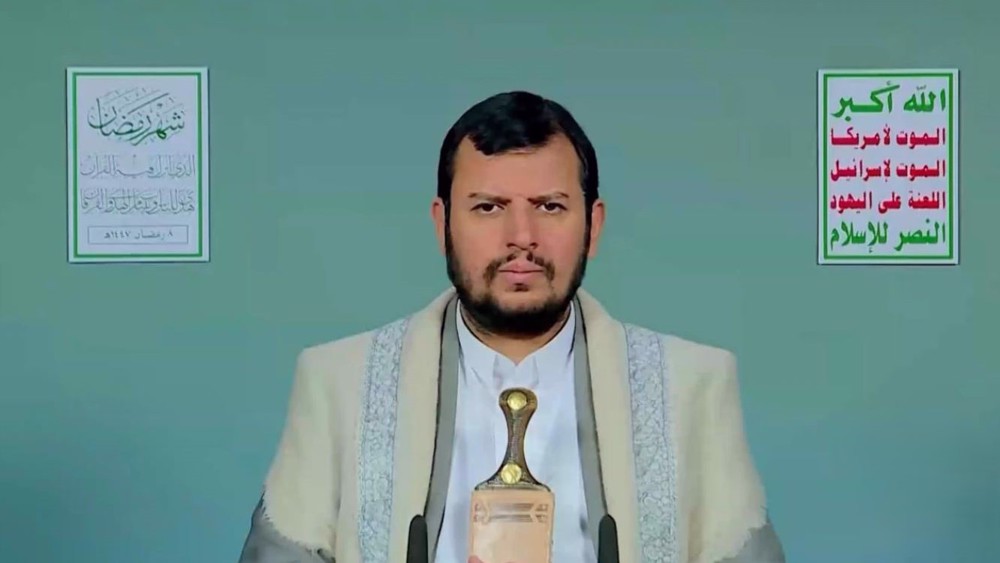
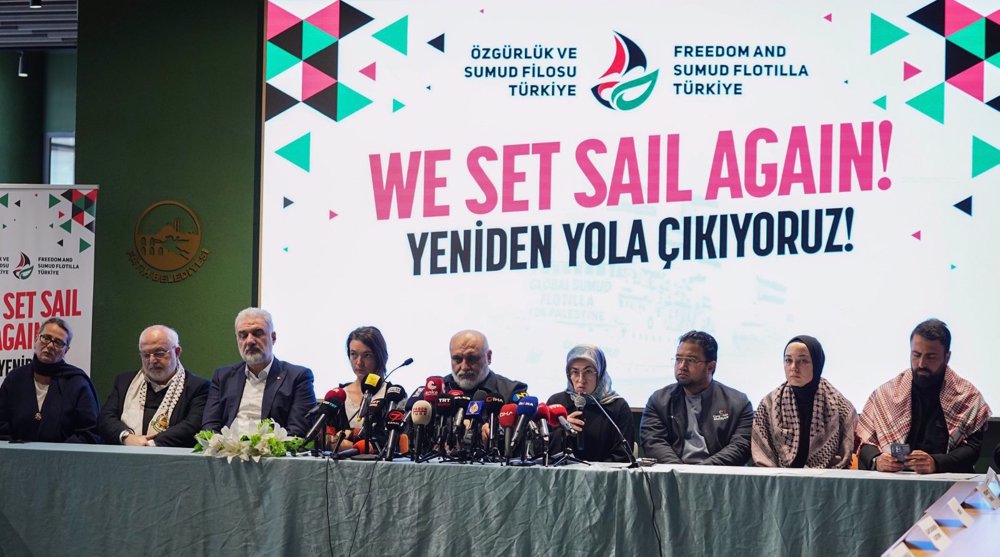
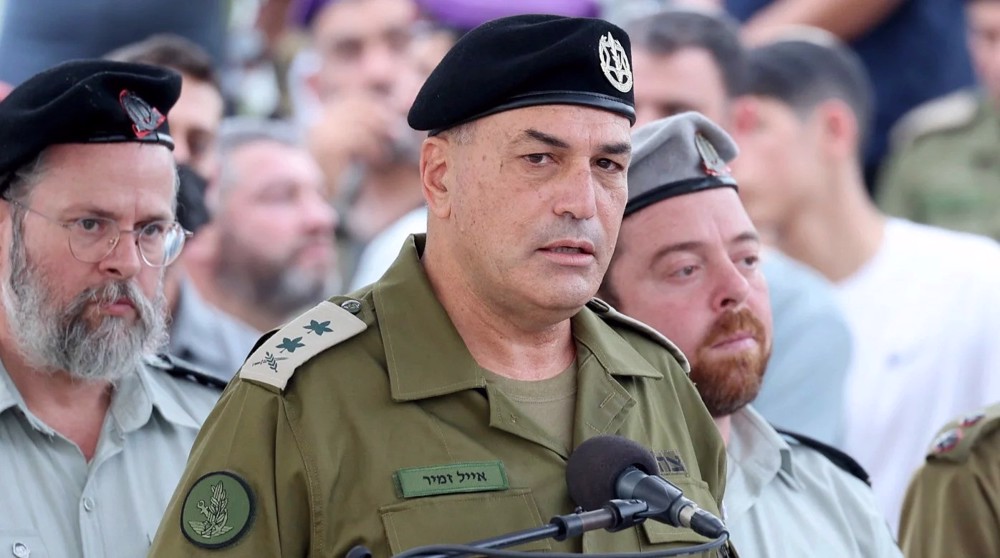



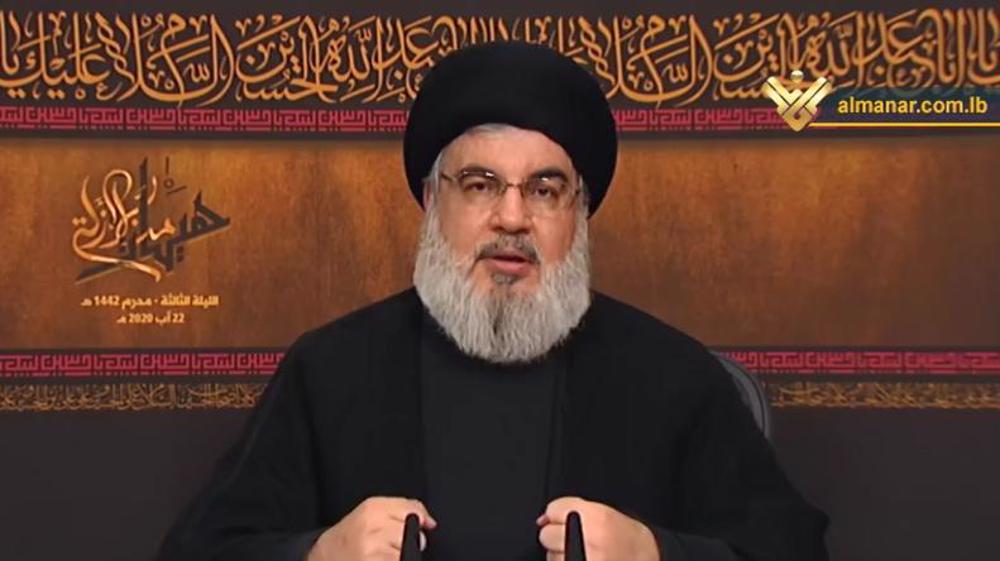
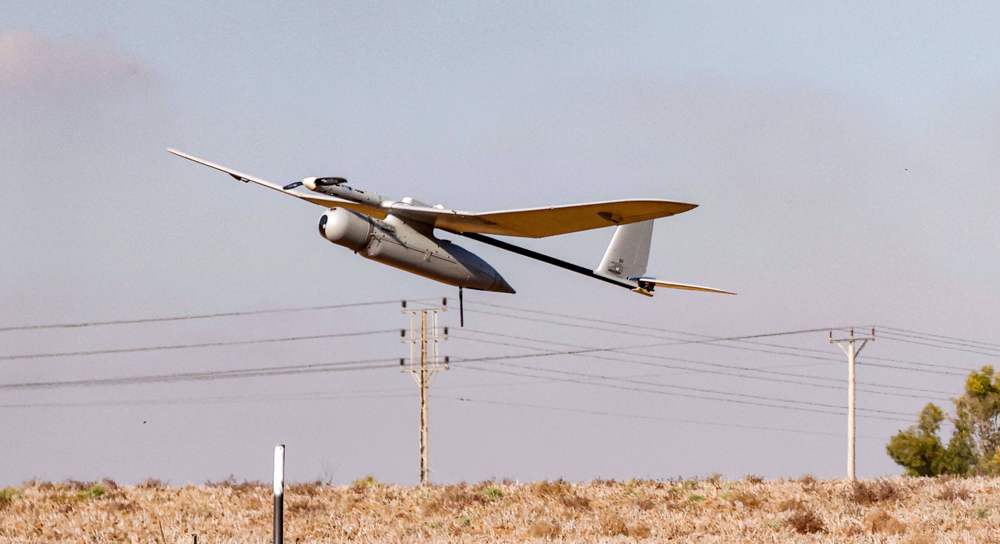


 This makes it easy to access the Press TV website
This makes it easy to access the Press TV website